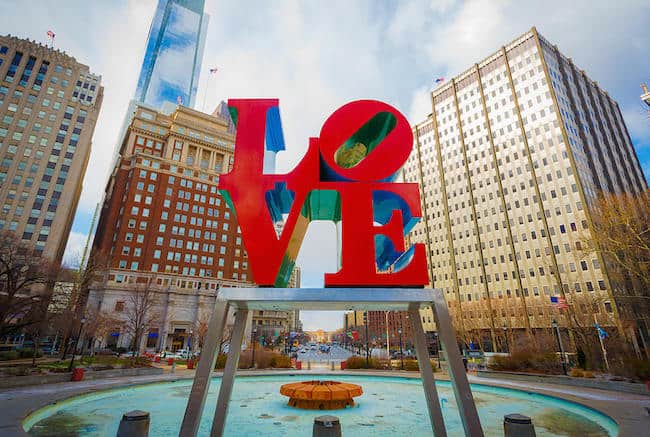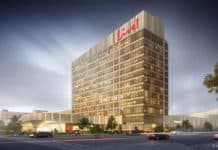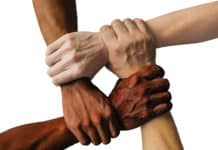
Philadelphia has long been known as a diverse city, and its “Brotherly Love” mentality touches the meetings industry as well. In fact, the Philadelphia Convention and Visitors Bureau (PHLCVB) became the first CVB to establish a Multicultural Affairs Congress, known today as PHLDiversity, in 1987. The subsidiary of the CVB focuses on marketing Philadelphia as an ethnically diverse destination, working with a variety of diverse groups and conventions. Prevue spoke with Greg DeShields, executive director of PHLDiversity to see how the organization has evolved in the past 25 years and how the idea of diversity has changed.
As a subsidiary of the CVB, what does PHLDiversity do differently then the CVB would do?
DeShields: The PHLDiversity staff are members of the PHLCVB team who focus specifically on raising Philadelphia’s profile as an ethnically diverse convention and visitor destination. We do this by showcasing our city’s vibrant multicultural communities, and by encouraging social responsibility in the hospitality industry. Multicultural sales represent an invaluable share of the $729 million revenue stream created by major meetings and conventions held in Philadelphia in 2014. Since PHLDiversity’s inception in 1987, the PHLCVB has measured an impact of more than $1.5 billion resulting from multicultural sales. PHLDiversity understands that, in order to be a leader, we must go beyond simply accepting equal opportunity; rather, we must value and embrace diversity as a strategic competitive advantage.
Why was PHLDiversity first created 25 years ago? What was the need in the market for this kind of organization?
The organization was founded to give a voice to the city’s large African American population and to assist with creating new economic and job opportunities via developments in the tourism and hospitality industry. The focus of the division soon expanded to include the Hispanic and Latino community. Native Americans and Asian Americans followed not long after, with Lesbian, Gay, Bi-Sexual and Transgendered (LGBT) and Asian-Indian markets rounding out increased diversity efforts. As each growing population stepped up to claim their niche in the meeting and convention market, PHLDiversity was there to help cultivate the industry standard.
How has PHLDiversity helped the Philadelphia CVB stand out in the meetings industry, and how has it helped attract meetings that normally wouldn’t pick Philadelphia?
Beyond the benefits of a city itself, there aren’t many CVBs that offer no-cost services with the depth of what PHLDiversity provides. Beyond providing information about the city’s rich multicultural history, PHLDiversity is able to create microsites for conventions, offering a central depository of destination information for meetings attendees. Our programming assistance is also unparalleled. For example, in collaboration with the National Organization of Minority Architects in 2014, PHLDiversity reached beyond the architectural market, partnering with the Center City Proprietors Association to produce an event that engaged diverse leaders in real estate, development and beyond. PHLDiversity changed the game, and knew how to expand the conversation in a way that had never been done before.
It is, however, not just what you know, but who you know. PHLDiversity builds community relationships between visiting organizations and local groups who share a culture and ideals. We work in tandem to create connections for meeting planners, from local media to minority-owned businesses and political officials. With a well-represented group of 45 local leaders, often the connections our organizations seek are seated right around our board table.
Do you think the meetings industry has become more diverse? And what do you think the future is for PHLDiversity?
Absolutely. Women and LGBT segments have gained more association structure and organized leadership that can best respond to the specific needs of their membership. Rather than addressing issues within a larger organization as a special interest group, more and more organizations are becoming independent entities that are able to effectively develop strategies that provide concrete and value-added solutions. While these convention markets are considered very niche at present compared to traditional sources of business—corporate, association and trade show—there is growth potential.
The future for PHLDiversity is to create innovative strategies that will grow multicultural meetings and conventions, and a more targeted sales approach for segments in order to attract and secure bookings. What’s more—and most important—we look to continue enhancing customer service offerings and product (destination) development in order to deliver great visitor experiences.










